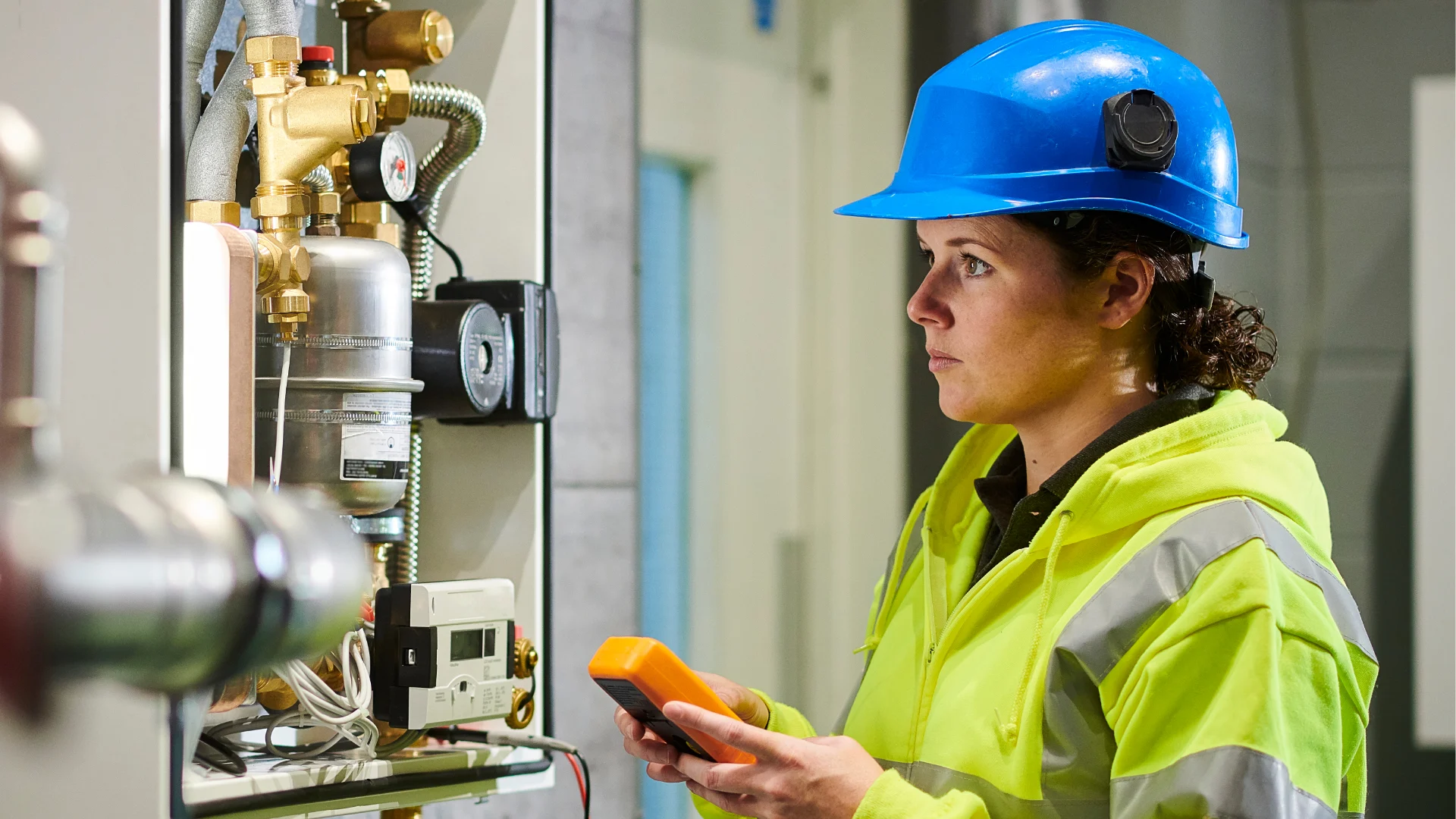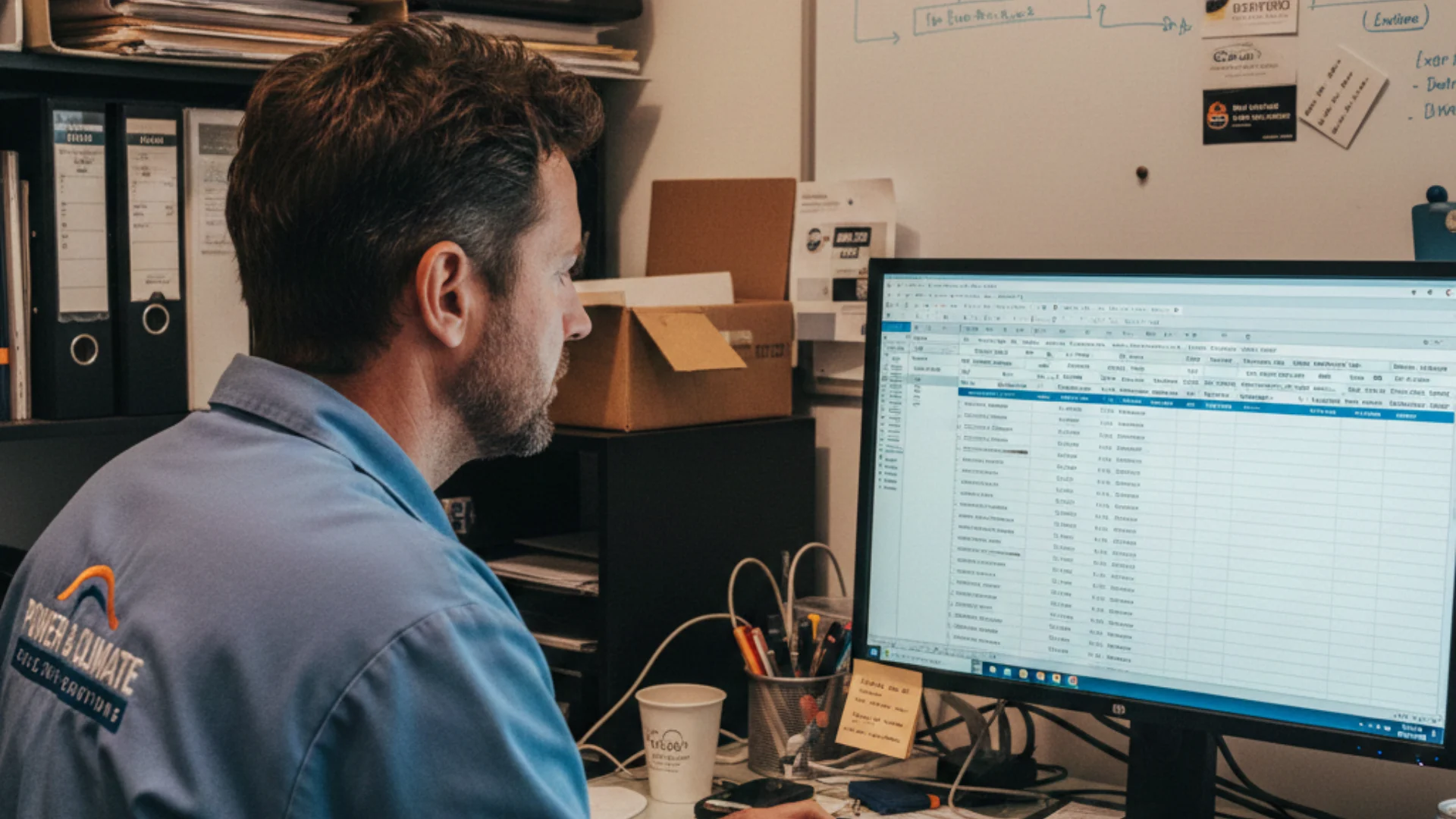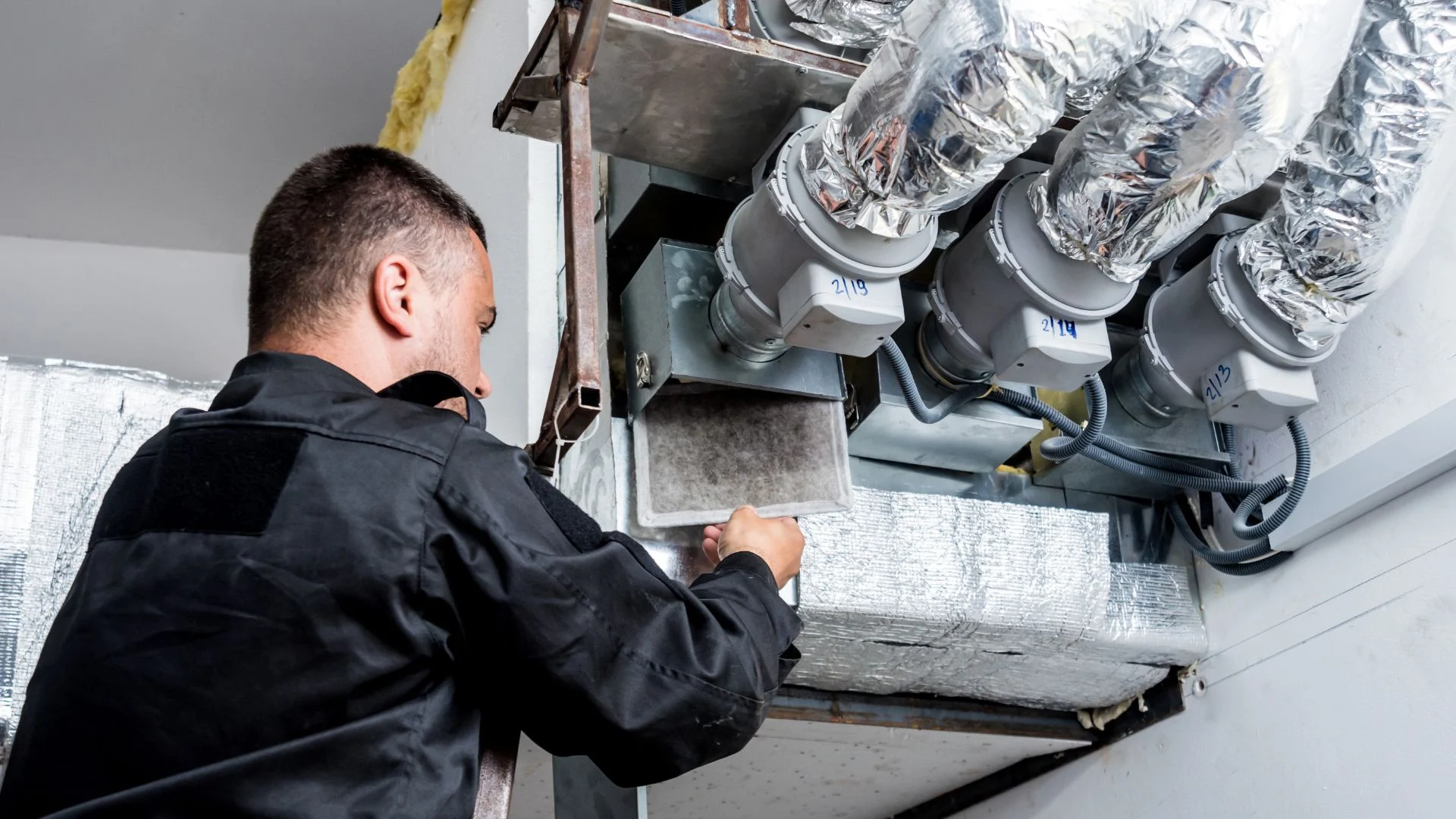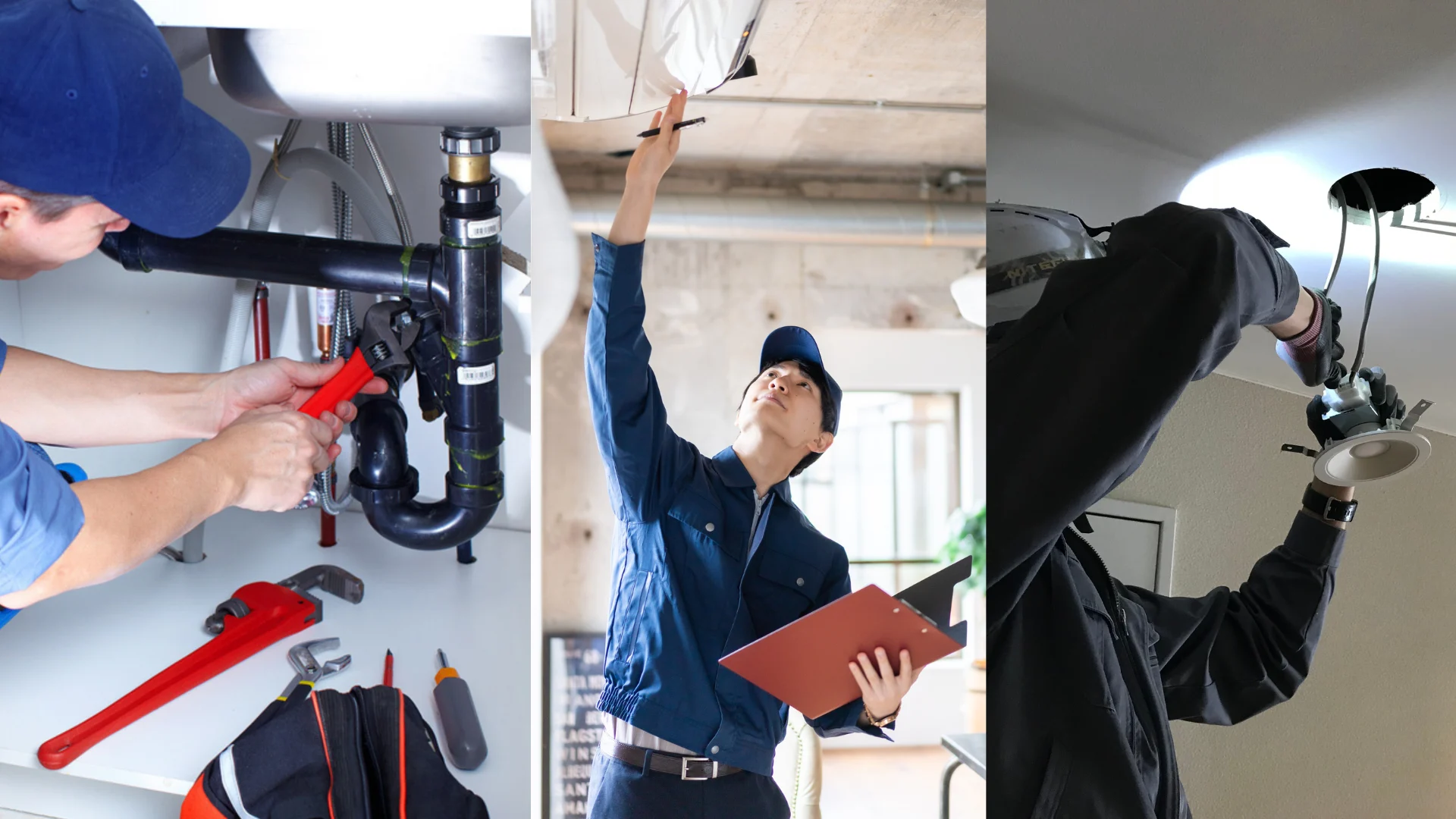

In 2025, contractors learned that procurement is no longer a back-office task, it’s a core driver of schedules, margins, and execution. Long lead times, fragmented buying, and pricing uncertainty reshaped how work actually moved. The biggest lesson? Predictability, not volume, is what keeps projects on track.

Multi-trade contractors are built to handle complexity—but manual procurement can turn growth into an administrative drag. As project volume and trades expand, teams get buried in quotes, pricing checks, and supplier coordination long before revenue catches up. By unifying and streamlining procurement, contractors reduce overhead, speed up workflows, and empower the same team to support far more work. The result? Smarter growth, stronger margins, and operations that scale without adding headcount.

Scaling your HVAC business doesn’t have to mean scaling your paperwork. As projects grow, manual procurement quickly becomes a hidden drain on time, margins, and momentum. By shifting to procurement as a service, contractors automate the busywork, gain real-time visibility, and free their teams to focus on execution—not admin. The result? More projects, stronger ROI, and sustainable growth without added headcount.

Growth for electrical contractors doesn’t have to mean adding more staff. One of the biggest untapped levers is smarter, connected procurement. When sourcing becomes efficient and data-driven, contractors unlock time, margin, and capacity to take on more work. Procurement becomes a true growth engine, not a cost center.

Multi-trade contractors thrive on complexity, but when each trade manages purchasing differently, inefficiencies add up fast. Disconnected suppliers, pricing, and approvals create friction that slows projects down. By aligning procurement across trades, contractors gain clarity, consistency, and control, turning complexity into a competitive advantage.

For many HVAC contractors, growth isn’t limited by opportunity but by capacity. As projects increase, so do administrative tasks, supplier management, and overhead that cut into margins. By streamlining procurement, contractors can reduce manual work, control costs, and scale efficiently. Efficiency, not expansion, is the key to sustainable growth.

As electrical contractors expand, each branch often develops its own way of buying materials and managing suppliers, creating inefficiencies that chip away at profits. By unifying procurement while preserving local agility, companies can gain consistent pricing, stronger supplier relationships, and smoother operations. The result is a connected organization where every branch contributes to greater efficiency, speed, and profitability.

Multi-trade contractors juggle unique suppliers and processes across electrical, HVAC, plumbing, and more, creating a maze of inefficiency and missed leverage. Without a unified approach, costs rise and growth stalls. By making procurement the connective tissue across trades, contractors gain consistency, visibility, and scalable power to grow.

For HVAC contractors, the real growth challenge isn’t finding more projects, it’s having the capacity to deliver them profitably and on schedule. Too much time is lost to quoting, supplier management, and admin tasks instead of execution. By streamlining procurement, contractors reclaim capacity, accelerate delivery, and unlock sustainable growth.

Margins are tight, schedules are unforgiving, and electrical contractors often lose valuable hours to procurement tasks instead of project delivery. Without a unified approach, purchasing becomes fragmented, draining time from growth and consistency. By offloading supplier work to a procurement partner, contractors reclaim bandwidth, unlock scalability, and boost margins.